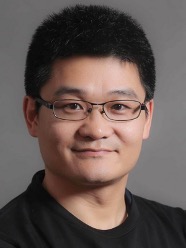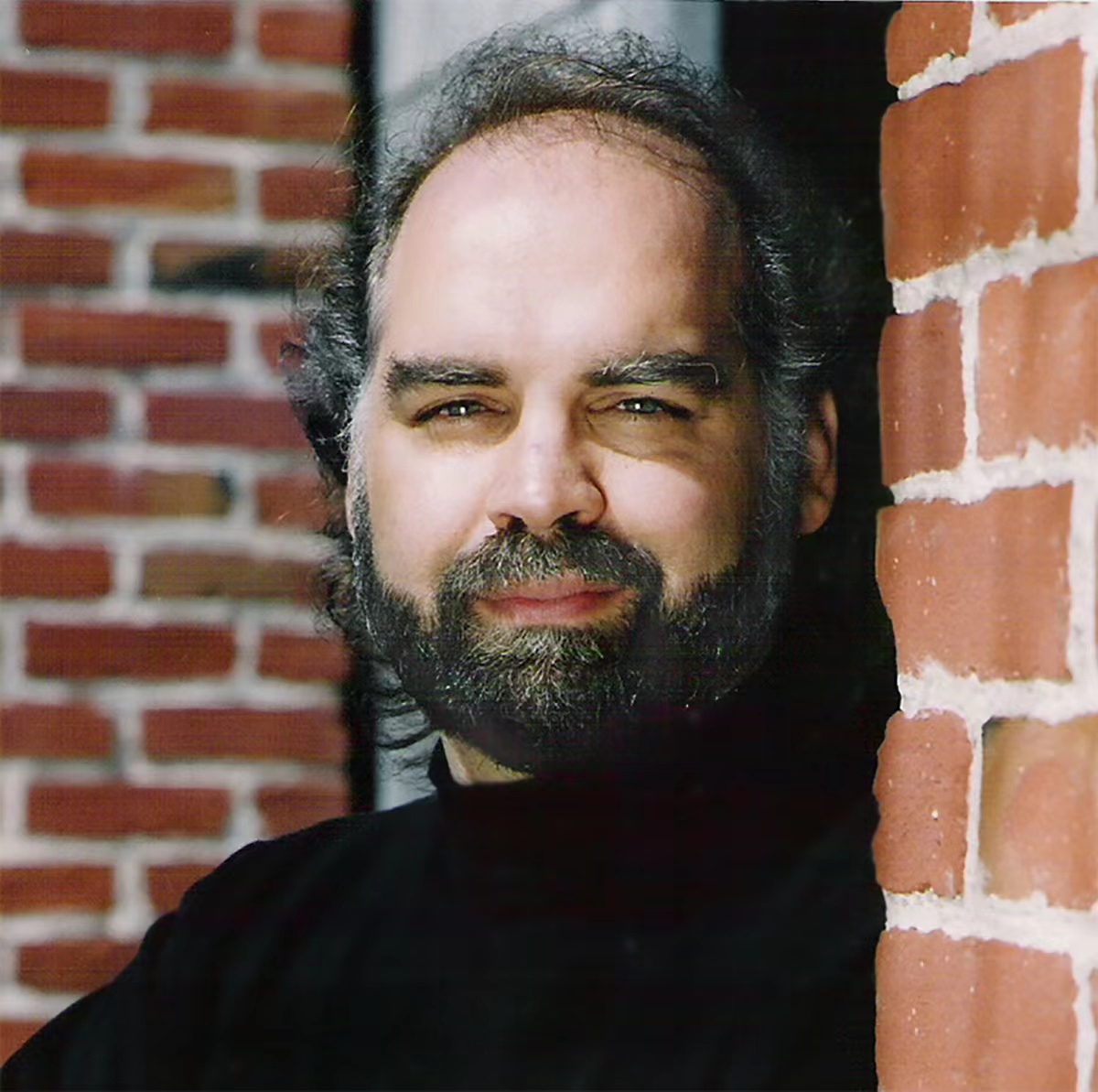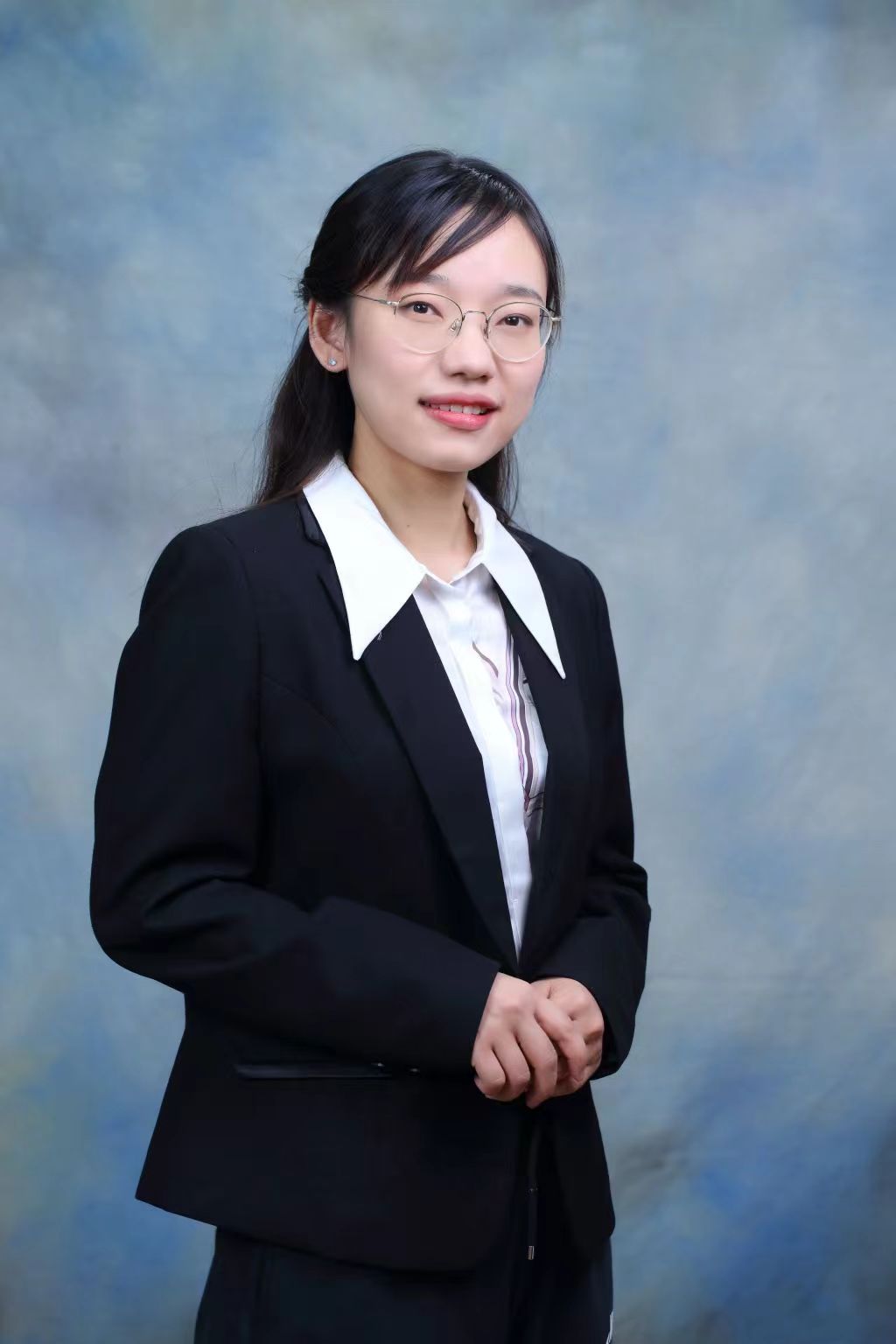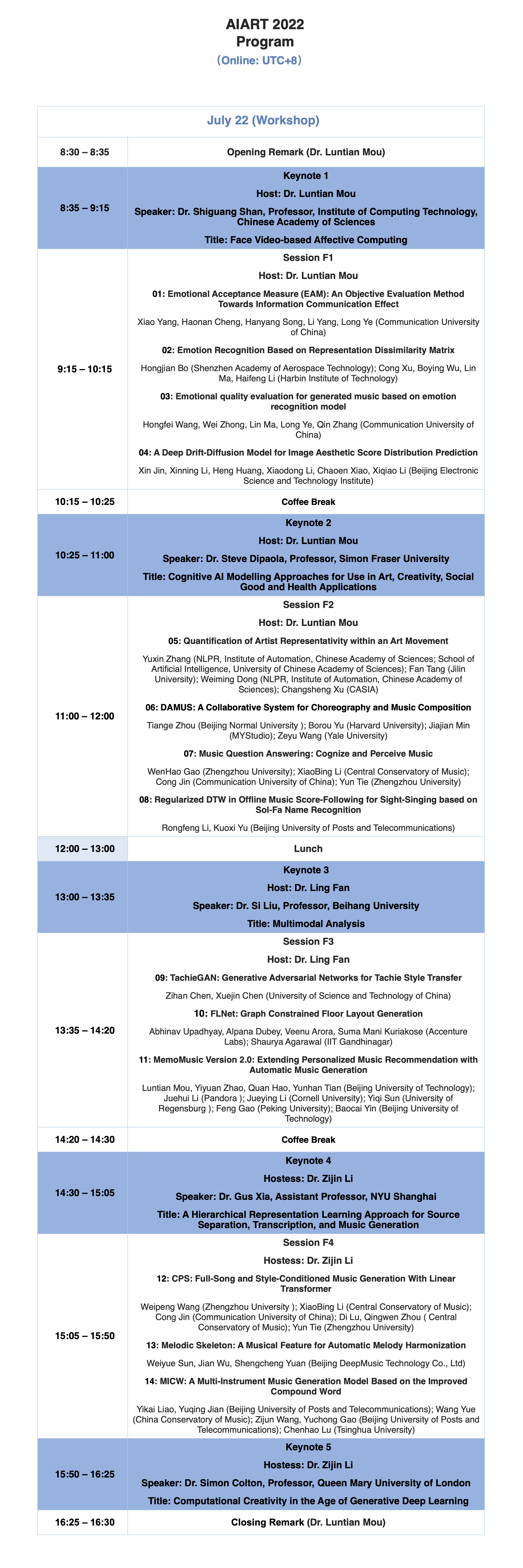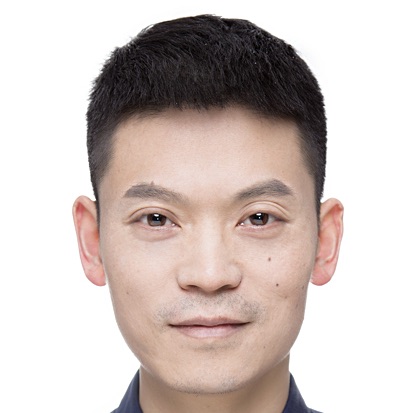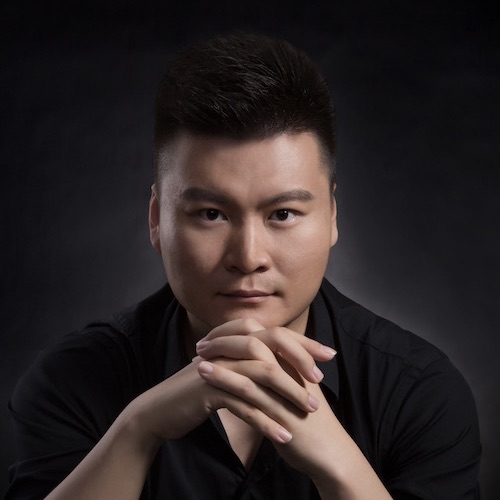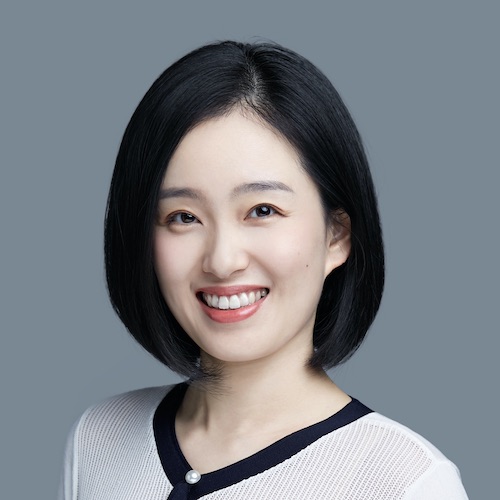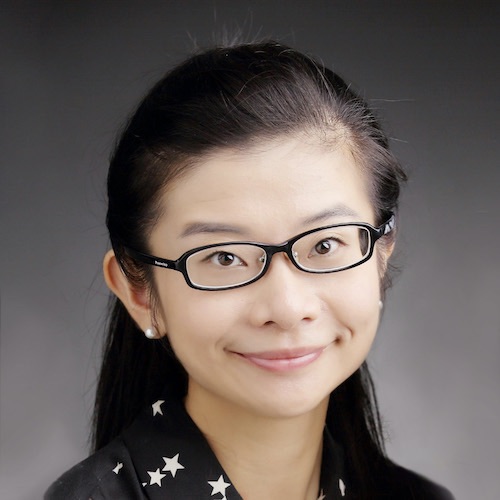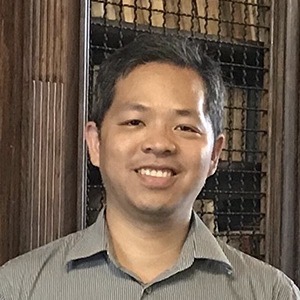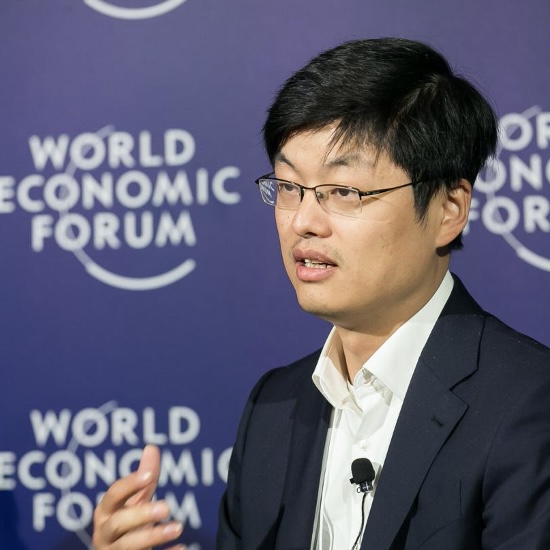-
Ajay Kapur, California Institute of the Arts, USA
-
Alexander Lerch, Georgia Institute of Technology, USA
-
Alexander Pantelyat, Johns Hopkins University, USA
-
Bahareh Nakisa, Deakin University, Australia
-
Baoqiang Han, China Conservatory of Music, China
-
Baoyang Chen, Central Academy of Fine Arts, China
-
Beici Liang, Tencent Music Entertainment Group, China
-
Bing Li, King Abdullah University of Science and Technology, Saudi Arabia
-
Björn W. Schuller, Imperial College London, UK
-
Bob Sturm, KTH Royal Institute of Technology, Sweden
-
Changsheng Xu, Institute of Automation, Chinese Academy of Sciences, China
-
Dongmei Jiang, Northwestern Polytechnical University, China
-
Haifeng Li, Harbin Institute of Technology, China
-
Haipeng Mi, Tsinghua University, China
-
Hongxun Yao, Harbin Institute of Technology, China
-
Jesse Engel, Google, USA
-
Jia Jia, Tsinghua University, China
-
Jianyu Fan, Microsoft, Canada
-
John See, Multimedia University, Malaysia
-
Juan Huang, Johns Hopkins University, USA
-
Junping Zhang, Fudan University, China
-
Kejun Zhang, Zhejiang University, China
-
Ke Lv, University of Chinese Academy of Sciences, China
-
Kenneth Fields, Central Conservatory of Music, China
-
Lai-Kuan Wong, Multimedia University, Malaysia
-
Lamtharn Hanoi Hantrakul, ByteDance, USA
-
Lei Xie, Northwestern Polytechnical University, China
-
Lin Gan, Tianjin University, China
-
Long Ye, China University of Communication, China
-
Maosong Sun, Tsinghua University, China
-
Mei Han, Ping An Technology Art institute, USA
-
Mengjie Qi, China Conservatory of Music, China
-
Ming Zhang, Nanjing Art College, China
-
Mohammad Naim Rastgoo, Queensland University of Technology, Australia
-
Nick Bryan-Kinns, Queen Mary University of London, UK
-
Nina Kraus, Northwestern University, USA
-
Pengtao Xie, University of California, San Diego, USA
-
Philippe Pasquier, Simon Fraser University, Canada
-
Qin Jin, Renmin University, China
-
Rebecca Fiebrink, University of London, UK
-
Rick Taube, University of Illinois at Urbana-Champaign, USA
-
Roger Dannenberg, Carnegie Mellon University, USA
-
Rongfeng Li, Beijing University of Posts and Telecommunications, China
-
Rui Wang, Institute of Information Engineering, Chinese Academy of Sciences, China
-
Ruihua Song, Renmin University, China
-
Shangfei Wang, University of Science and Technology of China, China
-
Shasha Mao, Xidian University, China
-
Shiguang Shan, Institute of Computing Technology, Chinese Academy of Sciences, China
-
Shiqi Wang, City University of Hong Kong, China
-
Si Liu, Beihang University, China
-
Simon Lui, Tencent Music Entertainment Group, China
-
Tiange Zhou, NetEase Cloud Music, China
-
Weiming Dong, Institute of Automation, Chinese Academy of Sciences, China
-
Wei-Ta Chu, National Chung Cheng University, Taiwan
-
Wei Li, Fudan University, China
-
Weiwei Zhang, Dalian Maritime University, China
-
Wei Zhong, China University of Communication, China
-
Xi Shao, Nanjing University of Posts and Telecommunications, China
-
Xiaojing Liang, NetEase Cloud Music, China
-
Xiaopeng Hong, Harbin Institute of Technology, China
-
Xiaoyan Sun, University of Science and Technology of China, China
-
Xiaoying Zhang, China Rehabilitation Research Center, China
-
Xihong Wu, Peking University, China
-
Xinfeng Zhang, University of Chinese Academy of Sciences, China
-
Xu Tan, Microsoft Research Asia, China
-
Yanchao Bi, Beijing Normal University, China
-
Yi Qin, Shanghai Conservatory of Music, China
-
Ying-Qing Xu, Tsinghua University, China
-
Yirui Wu, Hohai University, China
-
Yuanchun Xu, Xiaoice, China
-
Zhiyao Duan, University of Rochester, USA
